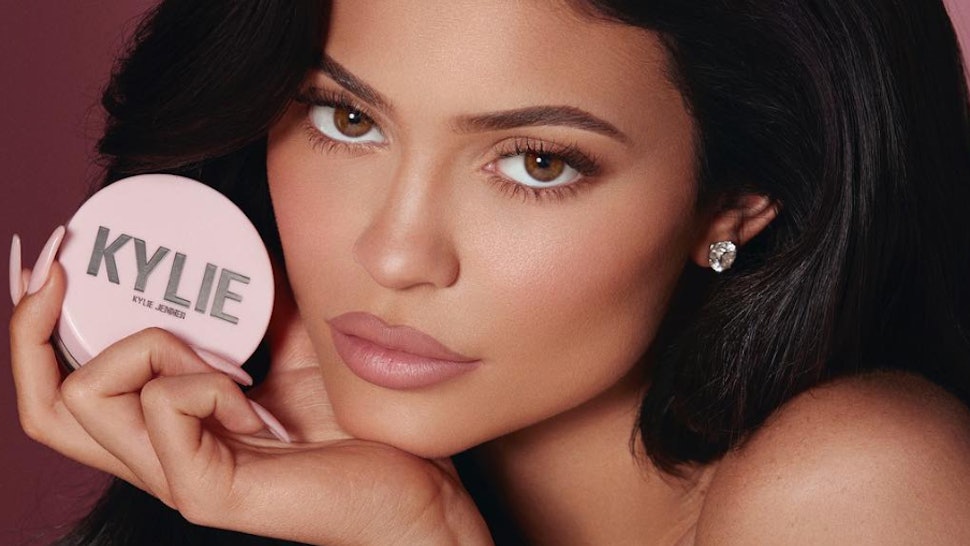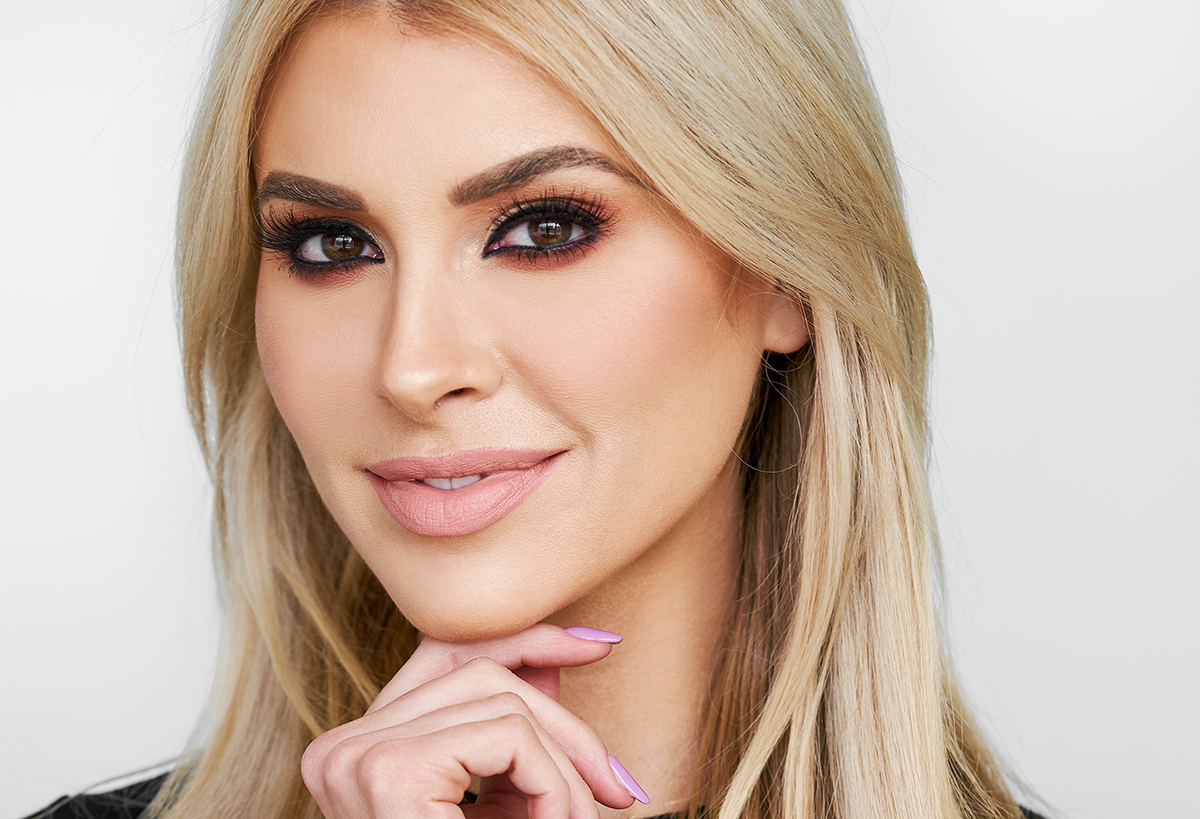Kylie Jenners is a social media icon famously known for being on the reality TV show Keeping Up with the Kardashians. Not only that, but she has also started her own business called Kylie Cosmetics at the age of 18-years-old. At first, the company was formerly known as Kylie Lip Kits and began selling Kylie Lip Kits, a liquid lipstick and lip liner set, on November 30, 2015. Now, the company is named Kylie Cosmetics and offers a variety of makeup and skincare products such as lipsticks, eyeliner, moisturizers, serum, and cleansers.
Kylie created Kylie Cosmetics to give her fans access to the makeup products that she loves and uses every day to create her look. According to Kylie, “I love that makeup can make you feel confident and beautiful, and I want to share that feeling with you guys.” In 2018, Forbes reported that the company was valued at $800 million and in March 2019 valued at $900 million. In November 2018, Kylie Cosmetics products were made available for purchase at Ulta. She has collaborated with Kim Kardashian, Khloe Kardashian, Kourtney Kardashian, Kris Jenner, Oliver Rousteing, The Grinch, A Nightmare on Elm Street, and Batman. In February 2018, she released a non-collaborative collection named Weather. She explained the collection is an ode to her daughter, Stormi, who inspired the collection. The pair of lips that advertise the Lip Kits belong to beauty and lifestyle blogger Ashley Rosales. Kylie has also launched other lines such as Kylie Skin and Kylie Baby. Kylie Skin is a line of skin care products inspired by the realization that skin care and makeup go hand in hand. Kylie Baby is a baby care line that offers clean, vegan and hypoallergenic products and was launched in September of 2021. Not only does she have Kylie Cosmetics, but she also started a swimsuit brand called Kylie Swim.



:max_bytes(150000):strip_icc():focal(749x0:751x2)/selena-gomez-rare-beauty-tout-475f8973ffa34df0990416daad701564.jpg)




